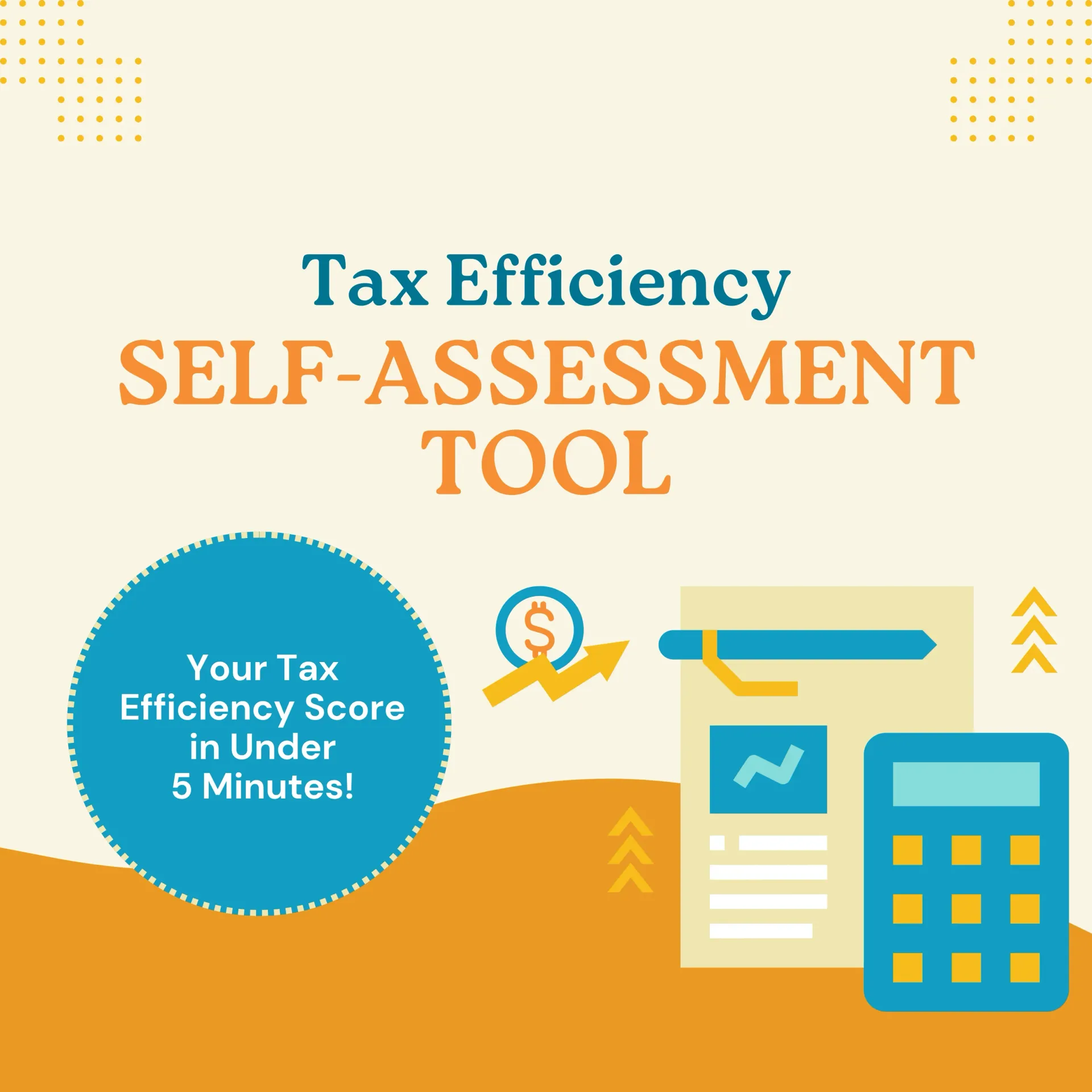The First 5 Accounting Steps Every Startup Should Take

Launching a startup is exciting—there’s a rush of adrenaline, the thrill of building something from the ground up, and, let’s be honest, a bit of chaos. Amidst the branding, product development, and customer outreach, it’s easy to shove accounting into the back seat. But if the goal is long-term success, laying a solid financial foundation should be front and center from day one.
This guide from Straight Talk CPAs breaks down the first five accounting steps every startup should take to stay on track, keep cash flowing, and avoid trouble with the IRS (because nobody wants that surprise). Whether you're still in the planning phase or already up and running, these practical
accounting tips can save serious time, money, and stress.
1. Choose the Right Business Structure
Before a single sale is made, choosing your business structure is crucial. It’s not just about taxes—it also affects how you get paid, your personal liability, and even how investors see you.
- Sole Proprietorship: Simple, but offers no personal liability protection.
- LLC (Limited Liability Company): Flexible and protects your personal assets. A common choice for startups.
- S-Corp or C-Corp: More complex, but can offer tax advantages or better fit if you're planning to raise capital.
Example: One of our startup clients began as an LLC but later transitioned to an S-Corp to reduce self-employment taxes. This move alone saved them thousands annually.
Tip: Don’t guess—talk to a CPA who understands startups. Picking the wrong structure could mean paying more taxes than necessary.
2. Set Up a Separate Business Bank Account
This might sound basic, but mixing personal and business funds is a recipe for a financial headache. The IRS doesn’t like it, and honestly, it’ll drive you nuts trying to sort it out later.
Get a dedicated business checking account and a business credit card. This makes tracking expenses, managing cash flow, and filing taxes 10x easier.
Also, if you ever get audited or apply for funding, clean records = smoother sailing. Investors and lenders want to see that you take your business seriously.
Pro Tip: Some banks offer startup-friendly accounts with no monthly fees. Shop around!
3. Choose an Accounting System and Bookkeeping Method
Your accounting system is the backbone of your financial operations. Whether you go with cloud-based accounting software (like QuickBooks, Xero, or Wave) or work directly with a CPA from day one, it’s essential to get your system up early.
You’ll also need to pick a method:
- Cash basis: Recognize income when you receive it and expenses when you pay them. Simpler and great for startups with straightforward transactions.
- Accrual basis: Income and expenses are recorded when they’re earned or incurred. Offers a more accurate financial picture—important as your business grows.
Straight Talk CPAs often recommends cash-basis accounting for early-stage startups, but it really depends on your business model.
Real Talk: Don’t wait until tax season to figure this out. Pick your method, set up your system, and stick with it.
4. Track Every Expense From Day One
You don’t need a six-figure budget to be organized. Tracking every dollar—yes, even that $9 Canva subscription—is vital.
Keep receipts, categorize expenses, and log them regularly. This isn’t just for taxes (though it’ll help big time)—it also tells you how much you’re really spending and where to cut costs.
Tools That Help:
- Expensify for receipts
- QuickBooks for syncing transactions
- Google Sheets if you’re on a super-tight budget (but upgrade as you grow)
Example: A tech startup we worked with used to run their books off a shared spreadsheet. Once they hit $10k/month in revenue, the chaos hit. Migrating to accounting software saved their sanity.
5. Understand (and Plan For) Taxes
Let’s talk taxes. They’re not fun, but avoiding them will cost more than paying them on time.
Depending on your structure and location, you may owe:
- Federal income tax
- State income tax
- Self-employment tax
- Sales tax (especially if you sell physical goods or digital products)
- Payroll tax (if you hire employees)
Quarterly estimated tax payments are a big deal for startups. Miss them, and you’ll owe penalties.
Straight Talk CPAs works with startups to create simple, clear tax strategies. One approach we love: setting aside 25-30% of your net income in a separate savings account for tax time. Out of sight, out of mind.
Don’t Forget:
Even if your startup isn’t profitable yet, you might still have filing obligations. Stay compliant from the start to build good habits and protect your business.
Bonus Tips That Can Make a Big Difference
Automate What You Can
Time is money when you’re building something new. Use tools that automate invoicing, payment reminders, and expense tracking.
Hire a CPA Who Gets Startups
Not all accountants are created equal. A CPA who understands the startup space can help you with:
- Financial forecasting
- Investor reports
- R&D tax credits
- Navigating equity and stock options
Straight Talk CPAs focuses on helping entrepreneurs grow smart by making accounting less of a mystery and more of a strategic tool.
Build a Budget and Forecast Early
Even if you’re not pitching to investors, a solid budget shows where your money’s going—and helps you plan for what’s next. Cash flow is often what breaks startups. Don’t let it break yours.
The Bottom Line
Accounting might not be the most glamorous part of launching a startup, but it’s one of the most critical. Think of it as the foundation. Without it, everything you build is on shaky ground.
By setting up the right structure, keeping your finances organized, tracking expenses, and planning for taxes, you're putting your startup in a much stronger position to grow and thrive.
And when you're ready to go from “I have no idea what I’m doing with this spreadsheet” to feeling in control, Straight Talk CPAs is here to help. We speak business fluently—and we’re not afraid to get into the financial trenches with you.
Because smart money moves? That’s how startups win.
Discover Your Tax Savings Score in Minutes!


Salim is a straight-talking CPA with 30+ years of entrepreneurial and accounting experience. His professional background includes experience as a former Chief Financial Officer and, for the last twenty-five years, as a serial 7-Figure entrepreneur.




